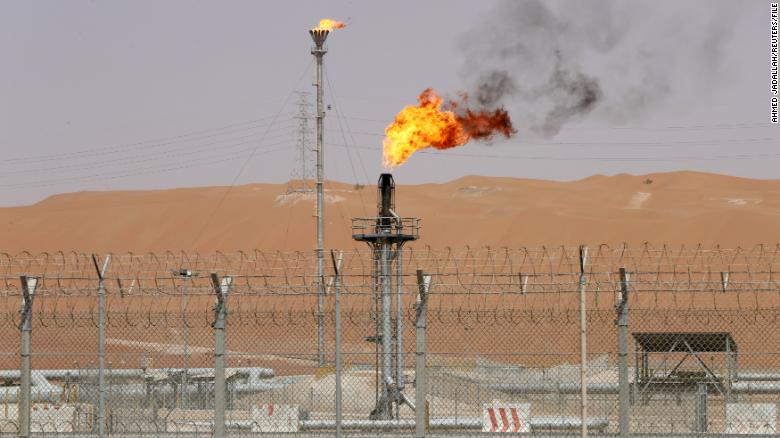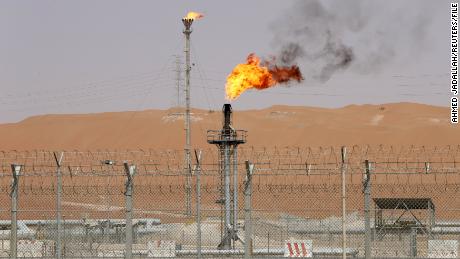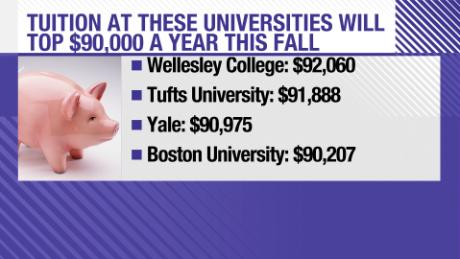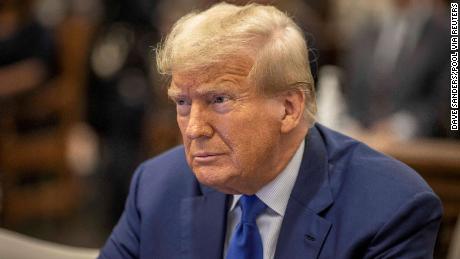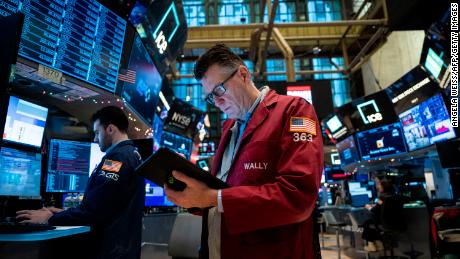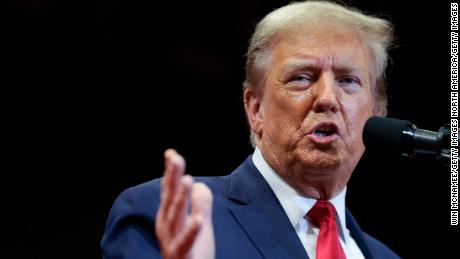Dubai (CNN Business)Oil prices are rising as escalating tensions in the Middle East stoke fears about a global supply crunch.
Saudi Arabia said two of its oil tankers had been sabotaged off the coast of the United Arab Emirates, in attacks it said posed a threat to shipping and the security of global oil supplies.
Brent crude futures ŌĆö the global benchmark ŌĆö gained about 1.9% earlier on Monday to trade at $71.75 a barrel. US crude oil futures gained about 1.6% to $62.48. Both markets pared those gains later as the escalating US-China trade war clouded the outlook for global oil demand growth.
Four tankers were targeted overall, according to the UAE, in what the country said was a "sabotage attack" that took place near the strategic port of Fujairah on Sunday.
A senior source at Saudi Arabia's ministry of energy told CNN Business that the attacks were particularly alarming because the tankers were targeted outside the Strait of Hormuz.
The US Energy Information Administration calls the Strait of Hormuz "the world's most important oil transit chokepoint," with an estimated 20% of oil traded worldwide moving through the channel.
One of the two Saudi vessels was on its way to be loaded with Saudi crude oil from the port of Ras Tanura, to be delivered to customers in the United States, the state-run Saudi Press Agency reported Monday.
The third and fourth tankers involved in the attack were carrying a UAE flag and a Norwegian flag, UAE officials said.
The Norwegian tanker suffered hull damage after being struck by an unknown object at the waterline, its managers, Thome Shipmanagement, said in a statement.
The US Energy Department said in a statement that it is "aware of efforts to disrupt oil shipping," but is confident that oil markets "remain well-supplied."
Tensions have risen in the oil-rich region in recent weeks amid the deployment of a growing number of United States military assets to the Middle East due to deteriorating relations with Iran.
The Trump administration vowed last month to bring Iran's oil exports to "zero" by ending the sanctions' waivers that had allowed some countries to continue to buy crude from the OPEC nation. It said the United States, Saudi Arabia and the United Arab Emirates would make up for the loss of Iranian supply.
Saudi oil minister Khalid al-Falih has said that the kingdom would coordinate with other producers "to ensure the availability of enough oil."
Oil prices have surged in recent months in response to the crackdown on Iran, US sanctions on Venezuela and supply cuts implemented by OPEC and Russia at the start of the year.
The Saudi source said the market reaction on Monday would have been much more dramatic but traders were worried that the US-China trade war could depress demand for oil.
Global stocks slumped on Monday as the dispute between the world's top two economies escalated.
-- CNN's John Defterios and Sarah Dean contributed to this report.
